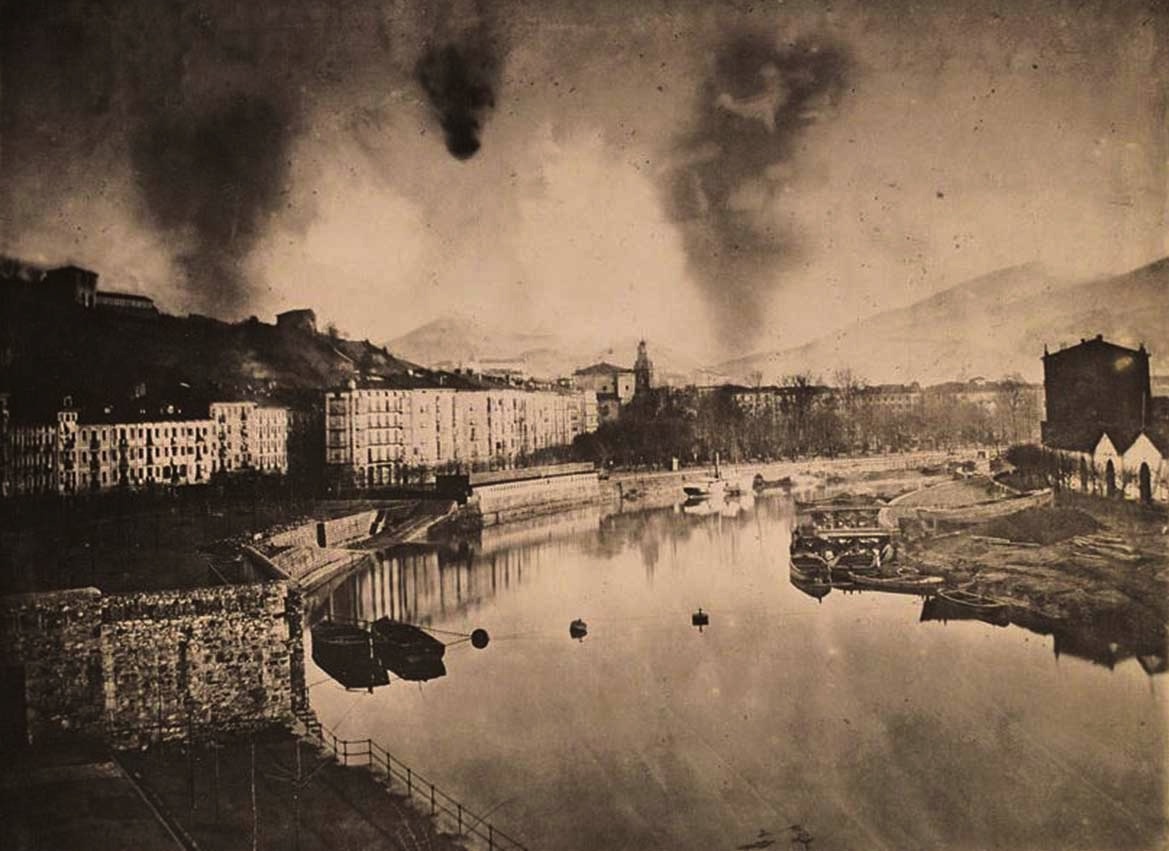The new Constitution of 1876 was a conservative turn. The Law of 21 July 1876 abolished the foral political constitution and its institutions. From 1878 onwards a system of “fiscal economic agreement” was agreed upon, to which the management of the City Council’s public finances was adapted. The Government appointed the mayors, irrespective of the political majorities represented by the councilors. In 1877 the City Council approved the formation of the Urban Expansion Board to implement the urban plan following the directions of P. Alzola, E.Hoffmeyer and S. Achucarro. From 1880 Bilbao and its surroundings underwent a sustained industrial and financial take-off that motivated a large immigration from nearby regions. The exploitation of mining wealth, the development of the shipyards and shipping companies, the creation of steel companies and Altos Hornos de Vizcaya (Vizcaya Blast Furnaces), the growth of the bank and the flowering of new means of terrestrial and maritime transport were the foundations of an industrial model of economic growth and of social, political and cultural changes that transformed the Township of the seven streets into the new city.
- Home
- Thematic index
- Biographies
- Bilbao city council
- Who we are
- Contact
-



